11 Best Health Care Stocks to Buy
The health care sector is having yet another strong year, and it’s easy to see the appeal.


Profit and prosper with the best of Kiplinger's advice on investing, taxes, retirement, personal finance and much more. Delivered daily. Enter your email in the box and click Sign Me Up.
You are now subscribed
Your newsletter sign-up was successful
Want to add more newsletters?

Delivered daily
Kiplinger Today
Profit and prosper with the best of Kiplinger's advice on investing, taxes, retirement, personal finance and much more delivered daily. Smart money moves start here.

Sent five days a week
Kiplinger A Step Ahead
Get practical help to make better financial decisions in your everyday life, from spending to savings on top deals.

Delivered daily
Kiplinger Closing Bell
Get today's biggest financial and investing headlines delivered to your inbox every day the U.S. stock market is open.

Sent twice a week
Kiplinger Adviser Intel
Financial pros across the country share best practices and fresh tactics to preserve and grow your wealth.

Delivered weekly
Kiplinger Tax Tips
Trim your federal and state tax bills with practical tax-planning and tax-cutting strategies.

Sent twice a week
Kiplinger Retirement Tips
Your twice-a-week guide to planning and enjoying a financially secure and richly rewarding retirement

Sent bimonthly.
Kiplinger Adviser Angle
Insights for advisers, wealth managers and other financial professionals.

Sent twice a week
Kiplinger Investing Weekly
Your twice-a-week roundup of promising stocks, funds, companies and industries you should consider, ones you should avoid, and why.

Sent weekly for six weeks
Kiplinger Invest for Retirement
Your step-by-step six-part series on how to invest for retirement, from devising a successful strategy to exactly which investments to choose.
The health care sector is having yet another strong year, and it’s easy to see the appeal. Health care stocks – whether they be pharmaceutical companies, insurers, medical device makers, hospital owners or biotechnology firms – tend to pay healthy dividends. Just as attractive, they have the added benefit of being in what's known as a defensive industry. Whether the economy is growing or in a funk, consumers can't go without their medications and doctor's appointments, the thinking goes.
It's no wonder, then, that the sector is delivering outsize gains in 2017. Health care stocks in the Standard & Poor's 500-stock index are collectively up more than 20% for the year-to-date, versus 14% for the index itself.
Happily for investors, there still are bargains to be found. The health care sector fetches a bit less than 17 times expected earnings, according to Yardeni Research. By comparison, the S&P 500 goes for 18 times forward earnings, and only two of the market's 11 market sectors – telecommunications and financial shares – are less expensive.
This sector can be daunting for the uninitiated, as it covers a wide range of businesses, but these companies all should benefit from a common driver: Regardless of what happens with federal policy, health care spending should remain in a long-term uptrend thanks to America's aging population of baby boomers. To get a sense of what's available, here are 11 of the best health care stocks from across the sector's many industries.
Data is as of Oct. 26, 2017. Companies are listed in alphabetical order. Dividend yields are calculated by annualizing the most recent quarterly payout and dividing by the share price. Analysts’ ratings provided by Zacks Investment Research. Click on symbol links in each slide for current share prices and more.
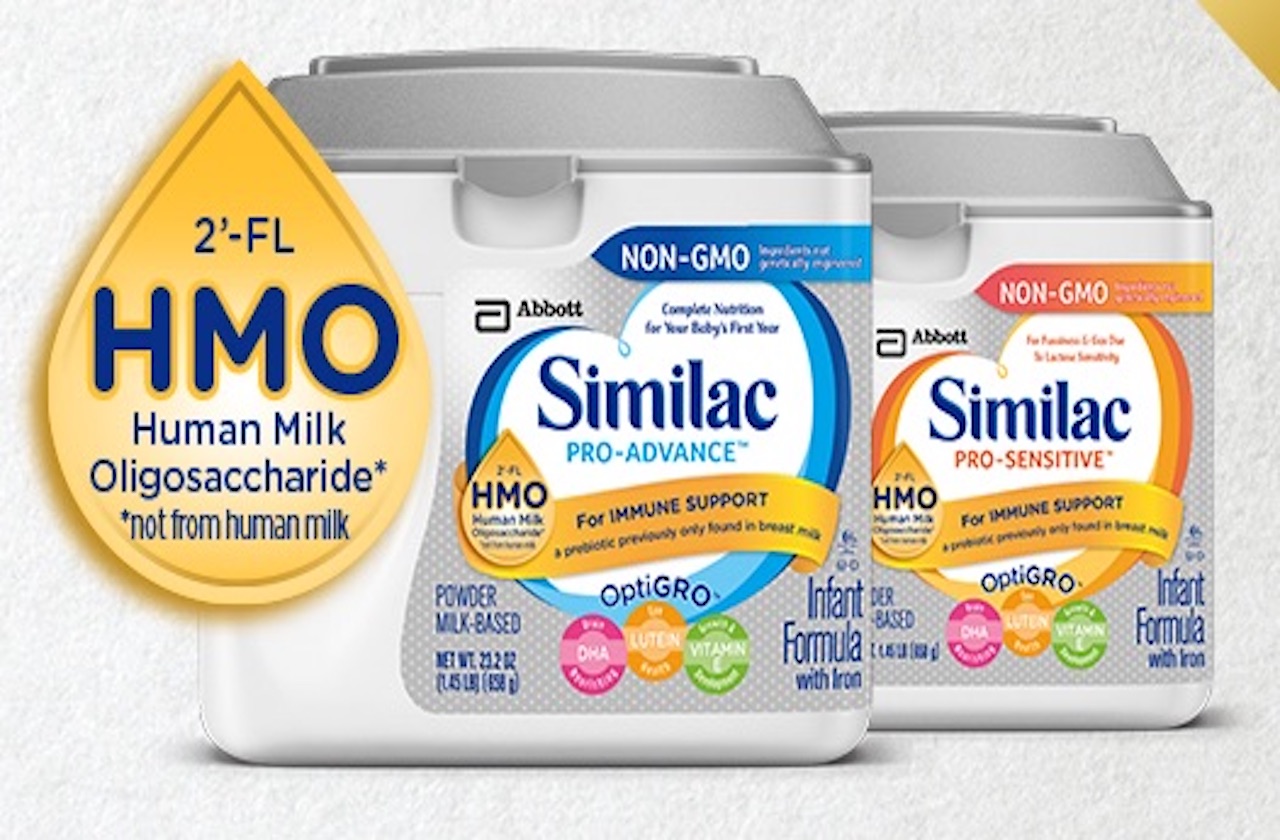
Abbott Laboratories
- Symbol: ABT
- Share price: $55.48
- Dividend yield: 1.9%
- Analysts' recommendations: 12 strong buy, 2 buy, 7 hold, 0 sell, 0 strong sell
Medical devices and nutrition products aren't scintillating, but that doesn't mean they can't help a stock put up some long-term gains. Shares in Abbott Laboratories have significantly trailed those of AbbVie (ABBV) since the January 2013 spinoff – ABBV has returned 219%, while ABT has returned 85% – but some Wall Street experts think it's ready to start closing that gap.
Analysts at Stifel, who rate Abbott’s shares at "Buy," point to the company's impending launch of its FreeStyle Libre glucose monitoring system as one of several potential catalysts. Approved by the U.S. Food and Drug Administration in early October, the gadget lets diabetics measure blood-sugar levels without pricking their fingers. Stifel notes that if Abbott can replicate the success it has had with the FreeStyle Libre system in Europe, it could give sales a boost.
Abbott has paid a rising dividend for 45 consecutive years – more than required for inclusion in the Dividend Aristocrats.

AbbVie
- Symbol: ABBV
- Share price: $89.56
- Dividend yield: 2.8%
- Analysts' recommendations: 8 strong buy, 0 buy, 6 hold, 0 sell, 0 strong sell
- AbbVie might not be a part of Abbott any more, but it remains a dividend champion in its own right, having increased its payout every year since the spinoff. Including its time as part of Abbott, AbbVie has increased its dividend for 45 consecutive years.
Best-selling treatments include Humira for rheumatoid arthritis and AndroGel, a testosterone replacement therapy. While a 2016 expiration of AbbVie’s main patent on Humira weighed on shares, Stifel analysts note that a recent legal settlement with Amgen (AMGN) – which planned on launching biosimilars to compete with Humira – will extend the company's patent protection for Humira until 2018 in the European Union, and 2013 in the U.S.
AbbVie is attractively priced, trading at just 14 times forward earnings on a long-term growth forecast of 15% a year, according to analysts surveyed by Thomson Reuters.
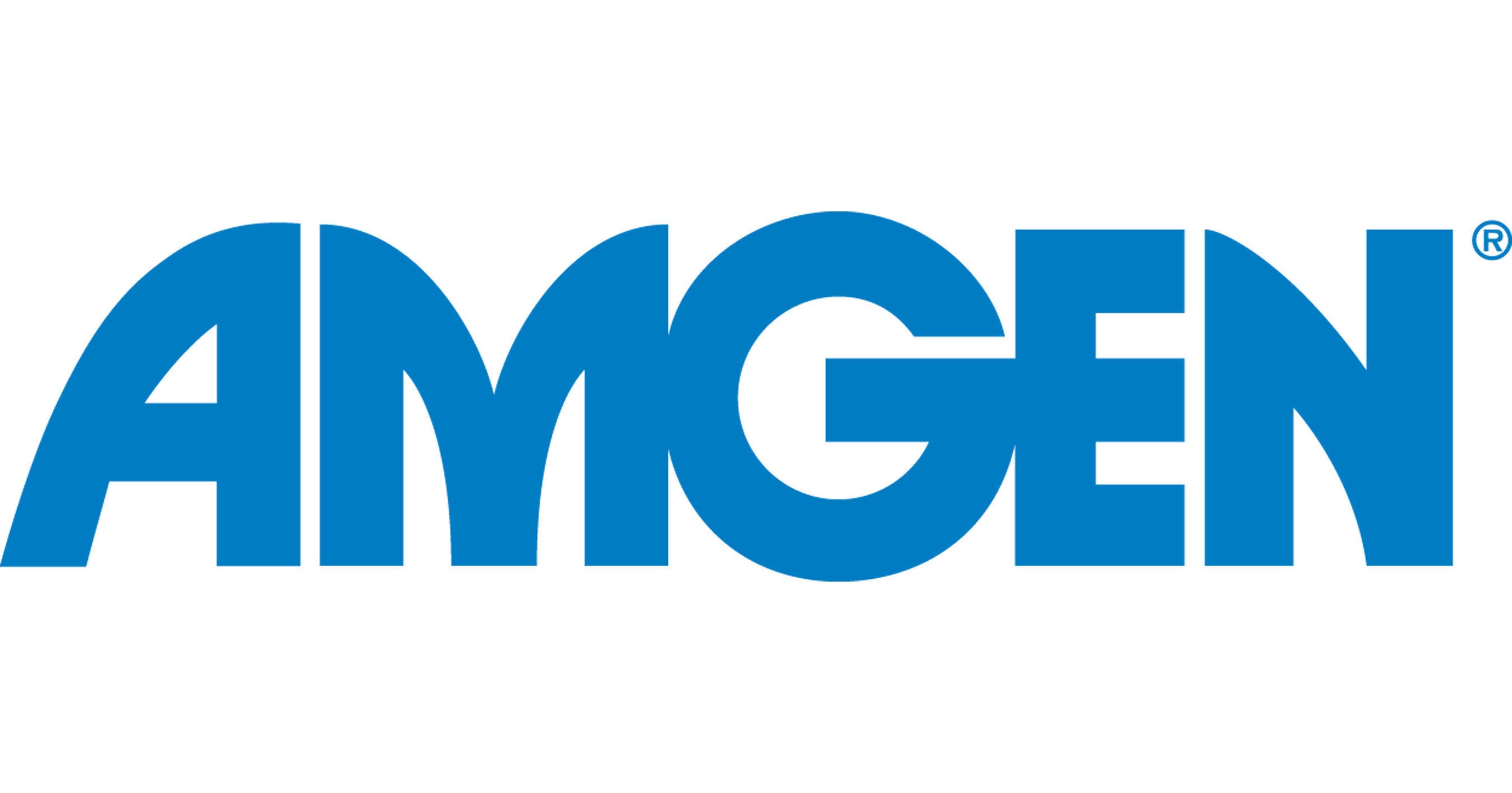
Amgen
- Symbol: AMGN
- Share price: $176.52
- Dividend yield: 2.6%
- Analysts' recommendations: 6 strong buy, 1 buy, 13 hold, 0 sell, 0 strong sell
- Amgen has delivered such returns by following the pharmaceutical industry playbook of both developing hit drugs and acquiring other companies. Current best-sellers include Neulasta, which helps prevent infections in chemotherapy patients, and Enbrel, which is used to treat autoimmune diseases such as rheumatoid arthritis. On the M&A front, Amgen has coupled with almost 20 firms since 1994 to help keep its product pipeline flowing.
The biotech industry has long held allure for investors looking for outsize returns, and Amgen is part of the reason why. The world's largest biopharmaceutical company was founded in 1980 and went public three years later, and has created an eye-popping level of wealth – 190,390% in total returns – in its relatively short life.
Shares might be a tad expensive right now. AMGN trades for 14 times forward earnings despite a growth forecast of less than 5% a year for the next five years. However, the nature of biotech means that progress on and approval of another game-changing treatment could quickly change that outlook.
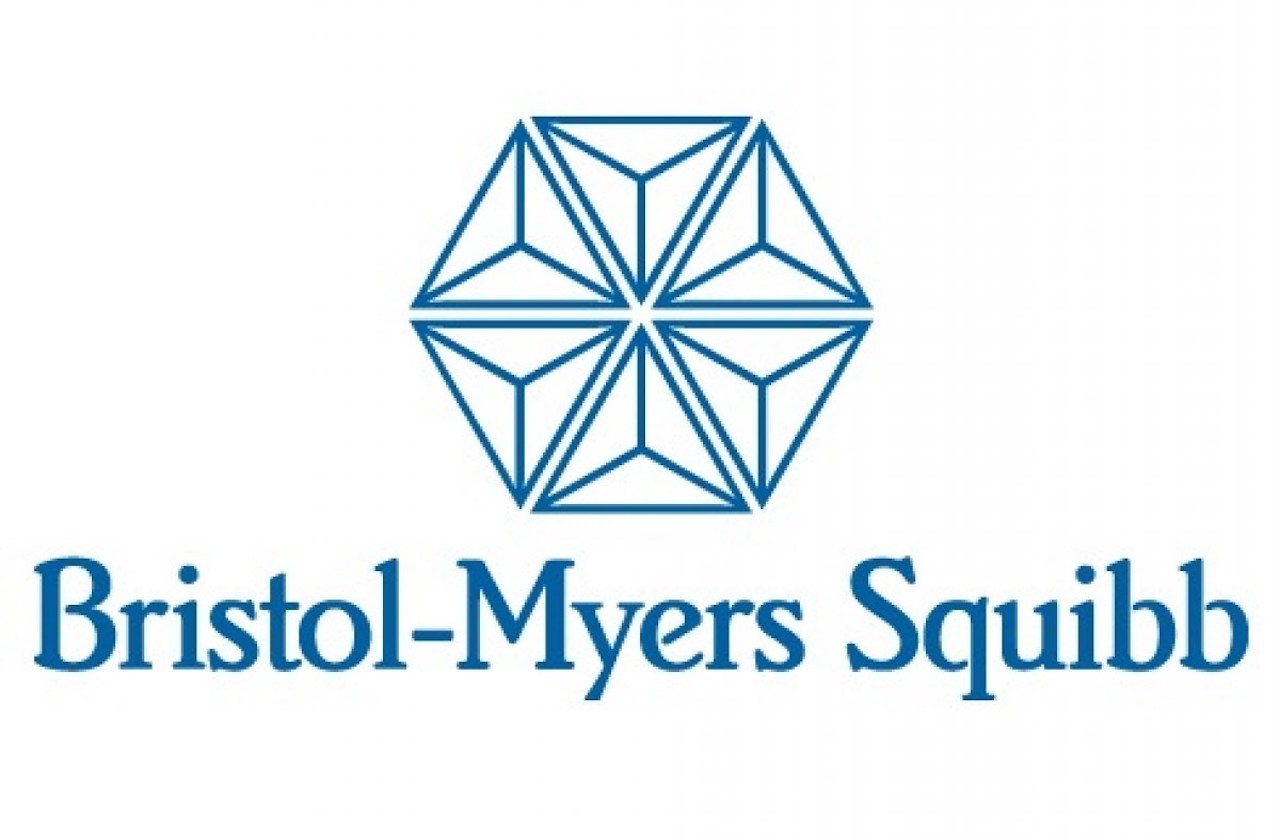
Bristol-Myers Squibb
- Symbol: BMY
- Share price: $60.95
- Dividend yield: 2.6%
- Analysts' recommendations: 6 strong buy, 0 buy, 8 hold, 0 sell, 1 strong sell
Pharmaceutical firm Bristol-Myers Squibb cratered a year ago after one of the company’s key cancer drugs failed a clinical study. From peak to trough, BMY shares went from $77 in July 2016 to as low as $46 in January of this year.
The stock still is in recovery mode, but it’s making good progress, up 20% in the past six months alone.
Bristol-Myers is best-known for drugs like blood thinner Coumadin and type 2 diabetes treatment Glucophage, but it's the potential for new indications for Opdivo that has investors perking up. The chemotherapy drug failed a key study as a first-line treatment in patients with lung cancer, but other trials are looking good. UBS analysts believe Opdivo still has a chance to compete in the lung cancer market, possibly as a combo treatment. They rate shares at "Buy" because the company "remains best positioned in immune-oncology (drugs).”
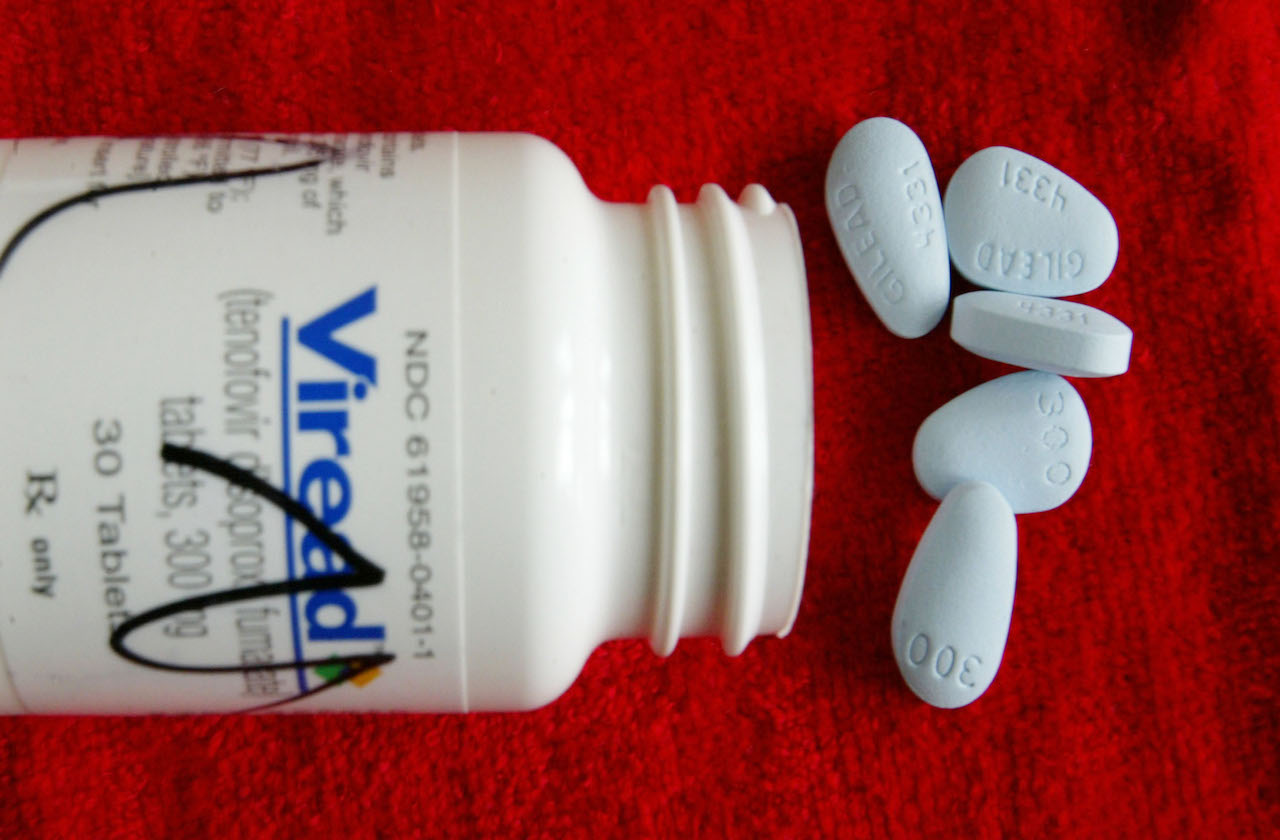
Gilead Sciences
- Symbol: GILD
- Share price: $77.88
- Dividend yield: 2.7%
- Analysts' recommendations: 9 strong buy, 1 buy, 10 hold, 0 sell, 0 strong sell
- Gilead Sciences, another biotech company, is responsible for a laundry list of medications. it has product candidates in various stages of development for the treatment of HIV/AIDS and liver diseases such as hepatitis C and hepatitis B; hematology/oncology; cardiovascular problems; and inflammation/respiratory diseases. Descovy, an HIV medication, Hepsera for hepatitis B and Zydelig, a blood cancer drug, are among the dozens of medications in its portfolio.
But the biggest driver of business is going to be the company's $11 billion acquisition of Kite Pharmaceuticals. Credit Suisse analysts applaud the deal, announced on Aug. 28, saying "it marks the beginning of a new chapter" for Gilead. They have an "Outperform" (buy) recommendation on the stock, with the expectation that the Kite acquisition will return Gilead to growth.
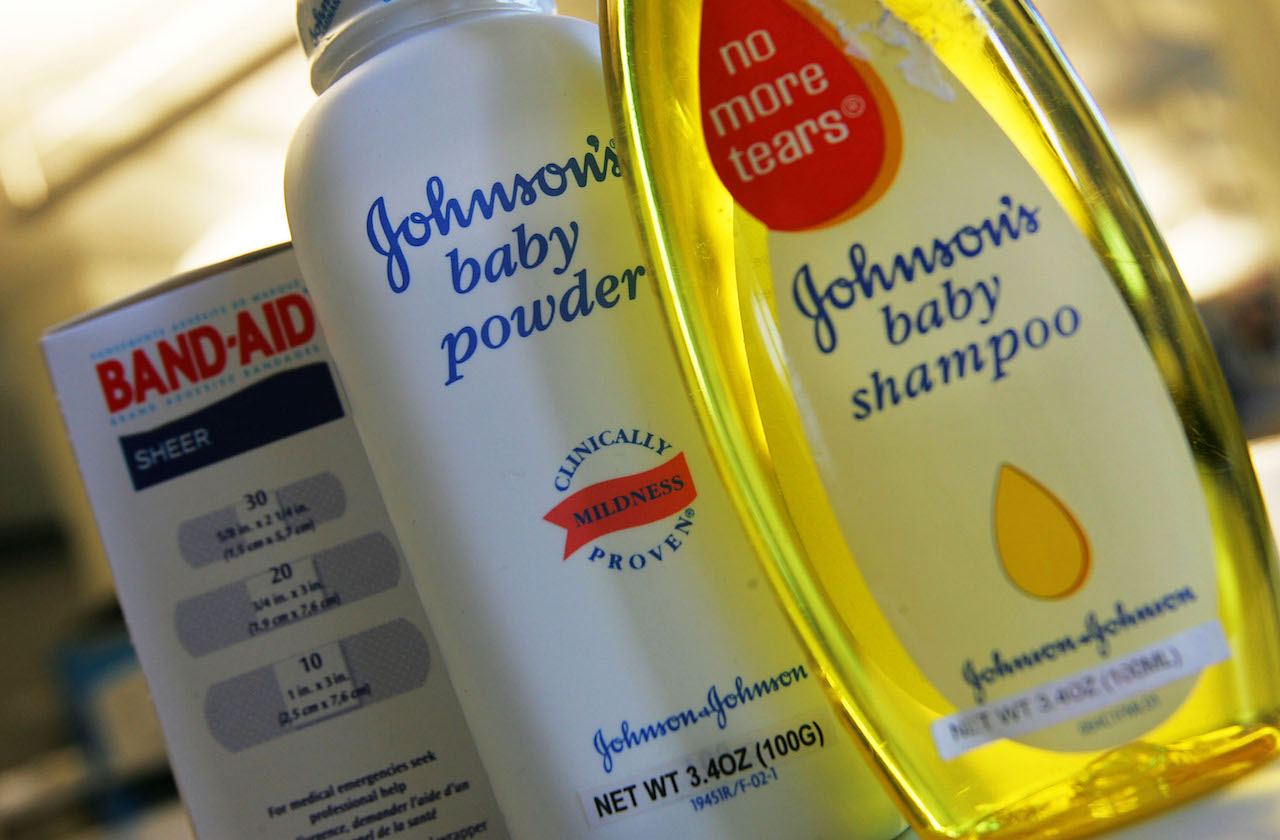
Johnson & Johnson
- Symbol: JNJ
- Share price: $142.36
- Dividend yield: 2.4%
- Analysts' recommendations: 10 strong buy, 2 buy, 5 hold, 0 sell, 2 strong sell
- Johnson & Johnson offers investors in the health care sector a little bit of everything because it operates in several different segments. In addition to pharmaceuticals, it makes over-the-counter consumer products such as Band-Aids and Listerine. J&J also manufactures medical devices used in surgery.
Analysts at UBS rate shares at "Buy" and consider them a top pick because of J&J's three-pronged approach. Pharma sales continue to grow, helped by key blood cancer drugs like Darzalex and Imbruvica. The medical devices business remains stable and has the potential for growth thanks to new products. The consumer business is improving too, UBS notes.
A stalwart of a dividend payer, Johnson & Johnson has hiked its payout every year for 55 consecutive years and is a member of the Dividend Aristocrats.
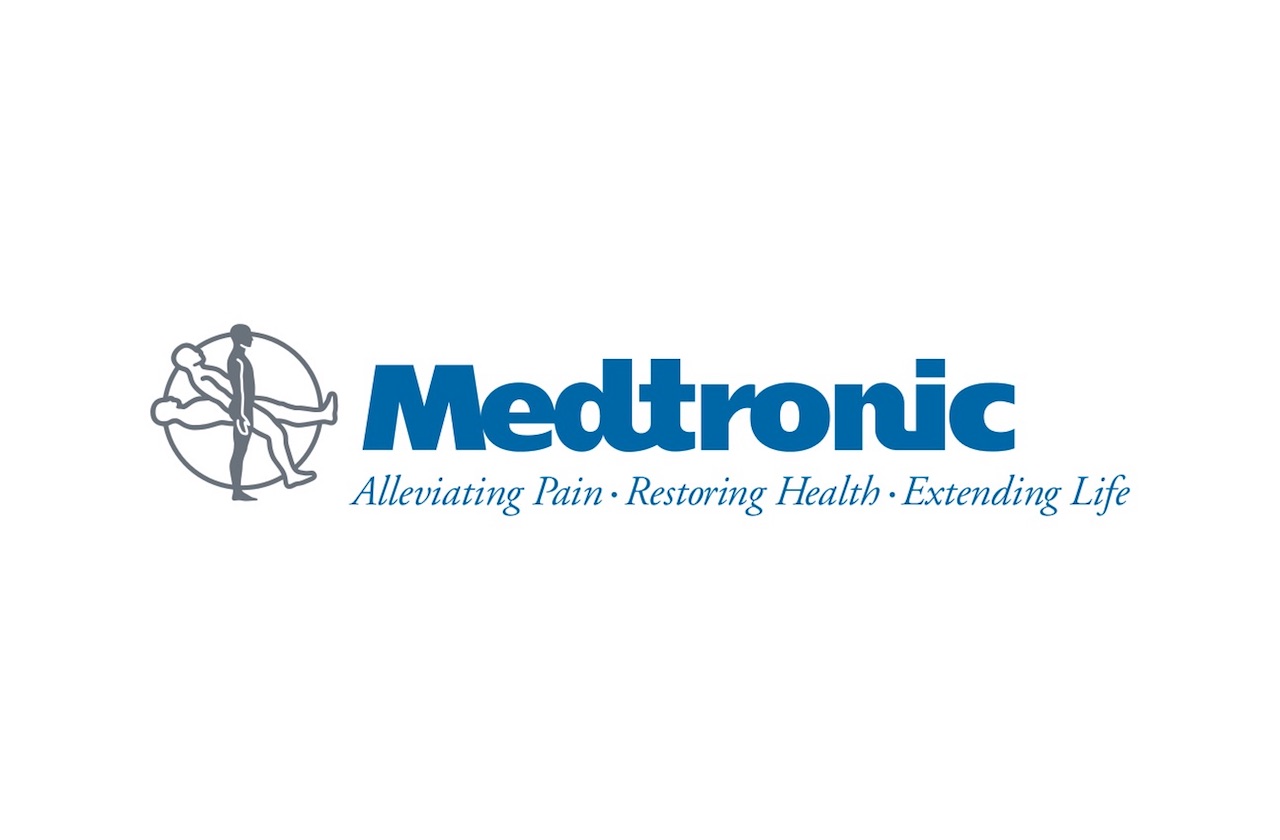
Medtronic
- Symbol: MDT
- Share price: $80.44
- Dividend yield: 2.3%
- Analysts' recommendations: 10 strong buy, 2 buy, 8 hold, 0 sell, 0 strong sell
Look around a hospital and there's a good chance you'll see one of Medtronic's products. After all, it's one of the world’s largest makers of medical devices, ranging from insulin pumps for diabetics to stents used by cardiac surgeons.
That revenue diversity is one of its great strengths, say analysts at William Blair & Co., and they're optimistic about growth in the company's therapies for brain diseases and injuries. Medtronic's Brain Therapies group accounts for just $2 billion in revenue a year, or about 7% of its 2016 total, but its future is bright. "We see a lot of value behind the Brain Therapies segment and have great appreciation for the company’s diversified revenue profile beyond this high-growth segment," the analysts write.
A diversified revenue stream and predictable business add to this stock's appeal.
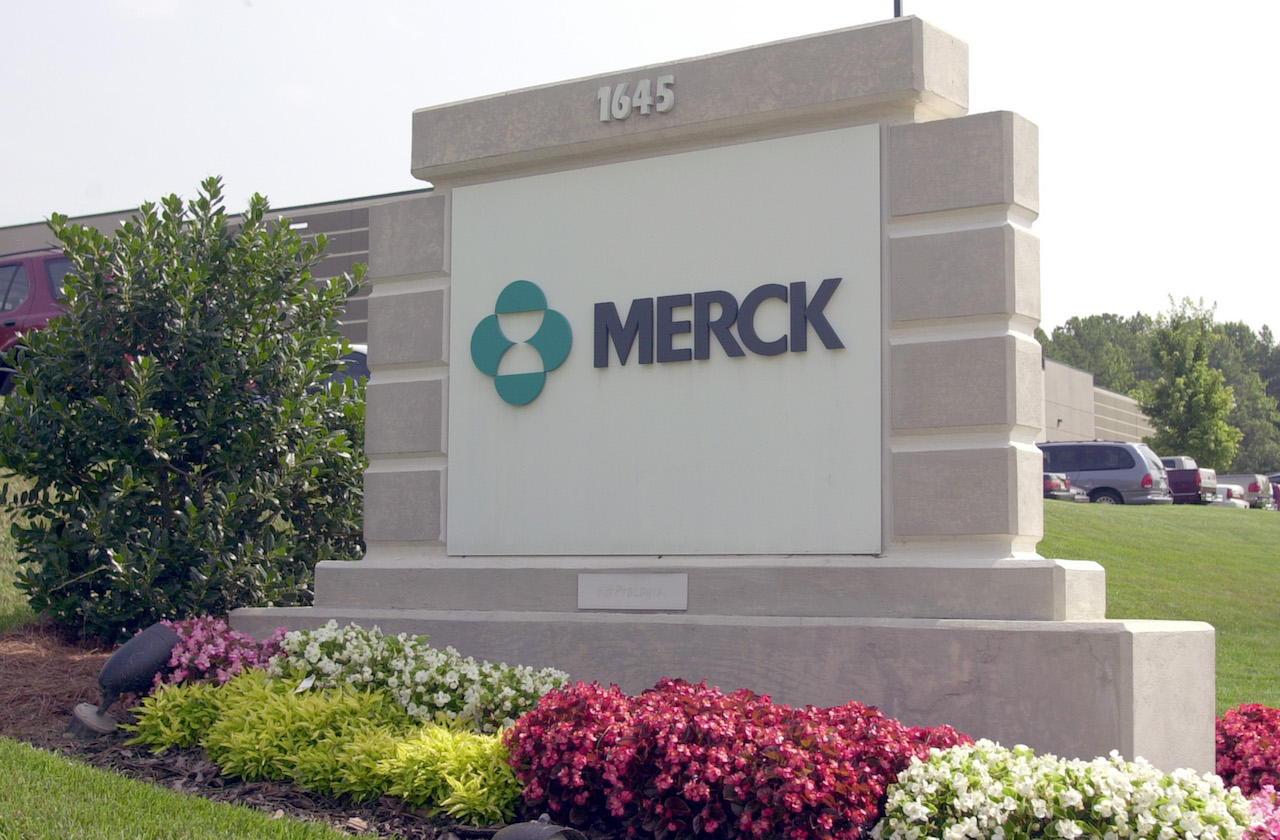
Merck
- Symbol: MRK
- Share price: $61.99
- Dividend yield: 3%
- Analysts' recommendations: 8 strong buy, 1 buy, 3 hold, 1 sell, 0 strong sell
Drugmaker Merck – a health care stalwart and component of the Dow Jones Industrial Average – isn't exactly a nimble up-and-comer, but its growth prospects look compelling nonetheless. Years of acquisitions, plus research and development, are resulting in a slew of successful drugs now on the market. Cancer medicine Keytruda is an ongoing hit, for example, and Merck has more potential winners in the works with 24 drugs in the latter stages of development.
Earnings per share are on track to improve by more than 7% next year. In the 12-month period that ended June 30, 2017, Merck generated $11 billion in free cash flow (cash profits available to shareholders, minus capital spending to run the business). That gives this pharmaceutical company ample resources to fund the dividend.
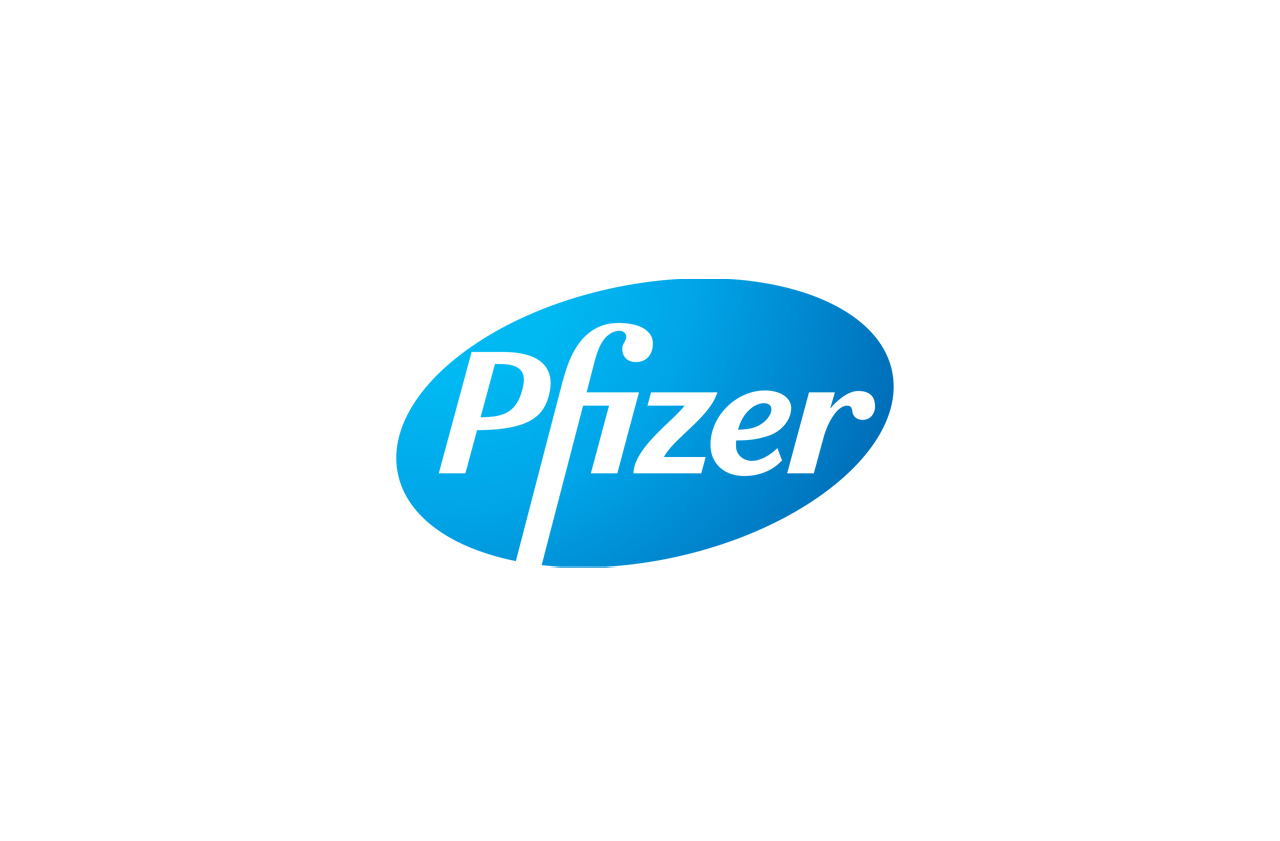
Pfizer
- Symbol: PFE
- Share price: $35.74
- Dividend yield: 3.6%
- Analysts' recommendations: 7 strong buy, 1 buy, 6 hold, 0 sell, 1 strong sell
Like Merck, Pfizer is a Dow component and a relatively high-yield stock. Investors worry that the company isn’t producing enough new products to overcome the loss of revenues from drugs that lose patent protection. But Pfizer has invested heavily in research and development, and made some big acquisitions that should start to produce a new wave of products.
Breast cancer treatment Ibrance, blood thinner Eliquis and the pneumococcal pneumonia vaccine Prevnar 13 are just three of the company’s recent successes. And Pfizer’s lineup of drugs in development looks promising, with nearly 100 products in the works.

UnitedHealth Group
- Symbol: UNH
- Share price: $209.15
- Dividend yield: 1.4%
- Analysts' recommendations: 17 strong buy, 1 buy, 0 hold, 0 sell, 1 strong sell
A long series of acquisitions helped make UnitedHealth Group one of the largest health insurance companies in the world. The company dates back to 1977 and went public in 1984. Since then, it hasn't really looked back.
Along the way, UnitedHealth beefed up by buying or merging with MetraHealth Companies, HealthWise of America and AmeriChoice, among others. The company's subsidiary OptumRX is one of the largest pharmacy benefits managers in the U.S.
UNH has been a very good stock for long-term investors. Shares are up 332% over the past decade vs. just 67% for the S&P 500. It's that sort of consistent performance that makes UnitedHealth Group a top wealth creator. Also, the stock fetches 19 times expected earnings, which isn’t unreasonable for a profit growth forecast of 15% annually for the next five years.
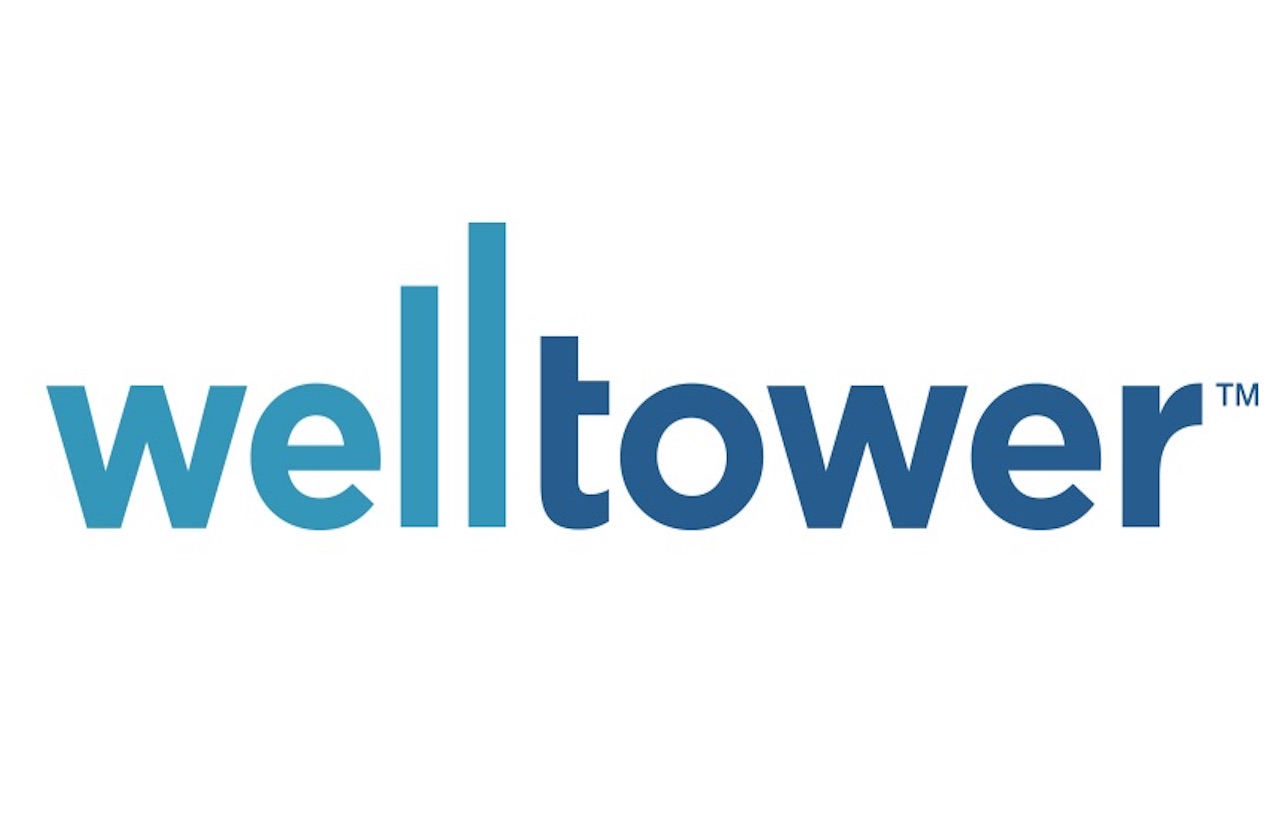
Welltower
- Symbol: HCN
- Share price: $65.76
- Dividend yield: 5.3%
- Analysts' recommendations: 4 strong buy, 1 buy, 11 hold, 0 sell, 1 strong sell
- Welltower – which yields more than 5% right now – checks all those boxes and more.
Real estate investment trusts (REITs) are usually a good place to look for hefty income because they're required to return most of their profits to shareholders in the form of dividends. If they own real estate in the relatively defensive market of senior living communities, medical office buildings and medical centers, so much the better.
This REIT has been pruning its portfolio of underperforming properties, which is helping to drive results. For that reason, among others, Stifel analysts say the stock is a "Buy," citing the company's high-quality diversified portfolio and strong balance sheet. Stifel expects earnings per share and revenue to decline this year because the company is intentionally getting smaller, but says that’s a fine price to pay in the short-term for greater profitability over the long-term.
Profit and prosper with the best of Kiplinger's advice on investing, taxes, retirement, personal finance and much more. Delivered daily. Enter your email in the box and click Sign Me Up.

Dan Burrows is Kiplinger's senior investing writer, having joined the publication full time in 2016.
A long-time financial journalist, Dan is a veteran of MarketWatch, CBS MoneyWatch, SmartMoney, InvestorPlace, DailyFinance and other tier 1 national publications. He has written for The Wall Street Journal, Bloomberg and Consumer Reports and his stories have appeared in the New York Daily News, the San Jose Mercury News and Investor's Business Daily, among many other outlets. As a senior writer at AOL's DailyFinance, Dan reported market news from the floor of the New York Stock Exchange.
Once upon a time – before his days as a financial reporter and assistant financial editor at legendary fashion trade paper Women's Wear Daily – Dan worked for Spy magazine, scribbled away at Time Inc. and contributed to Maxim magazine back when lad mags were a thing. He's also written for Esquire magazine's Dubious Achievements Awards.
In his current role at Kiplinger, Dan writes about markets and macroeconomics.
Dan holds a bachelor's degree from Oberlin College and a master's degree from Columbia University.
Disclosure: Dan does not trade individual stocks or securities. He is eternally long the U.S equity market, primarily through tax-advantaged accounts.
-
 5 Vince Lombardi Quotes Retirees Should Live By
5 Vince Lombardi Quotes Retirees Should Live ByThe iconic football coach's philosophy can help retirees win at the game of life.
-
 The $200,000 Olympic 'Pension' is a Retirement Game-Changer for Team USA
The $200,000 Olympic 'Pension' is a Retirement Game-Changer for Team USAThe donation by financier Ross Stevens is meant to be a "retirement program" for Team USA Olympic and Paralympic athletes.
-
 10 Cheapest Places to Live in Colorado
10 Cheapest Places to Live in ColoradoProperty Tax Looking for a cozy cabin near the slopes? These Colorado counties combine reasonable house prices with the state's lowest property tax bills.
-
 Dow Adds 1,206 Points to Top 50,000: Stock Market Today
Dow Adds 1,206 Points to Top 50,000: Stock Market TodayThe S&P 500 and Nasdaq also had strong finishes to a volatile week, with beaten-down tech stocks outperforming.
-
 Stocks Sink With Alphabet, Bitcoin: Stock Market Today
Stocks Sink With Alphabet, Bitcoin: Stock Market TodayA dismal round of jobs data did little to lift sentiment on Thursday.
-
 Dow Leads in Mixed Session on Amgen Earnings: Stock Market Today
Dow Leads in Mixed Session on Amgen Earnings: Stock Market TodayThe rest of Wall Street struggled as Advanced Micro Devices earnings caused a chip-stock sell-off.
-
 Nasdaq Slides 1.4% on Big Tech Questions: Stock Market Today
Nasdaq Slides 1.4% on Big Tech Questions: Stock Market TodayPalantir Technologies proves at least one publicly traded company can spend a lot of money on AI and make a lot of money on AI.
-
 Fed Vibes Lift Stocks, Dow Up 515 Points: Stock Market Today
Fed Vibes Lift Stocks, Dow Up 515 Points: Stock Market TodayIncoming economic data, including the January jobs report, has been delayed again by another federal government shutdown.
-
 Stocks Close Down as Gold, Silver Spiral: Stock Market Today
Stocks Close Down as Gold, Silver Spiral: Stock Market TodayA "long-overdue correction" temporarily halted a massive rally in gold and silver, while the Dow took a hit from negative reactions to blue-chip earnings.
-
 Nasdaq Drops 172 Points on MSFT AI Spend: Stock Market Today
Nasdaq Drops 172 Points on MSFT AI Spend: Stock Market TodayMicrosoft, Meta Platforms and a mid-cap energy stock have a lot to say about the state of the AI revolution today.
-
 S&P 500 Tops 7,000, Fed Pauses Rate Cuts: Stock Market Today
S&P 500 Tops 7,000, Fed Pauses Rate Cuts: Stock Market TodayInvestors, traders and speculators will probably have to wait until after Jerome Powell steps down for the next Fed rate cut.
